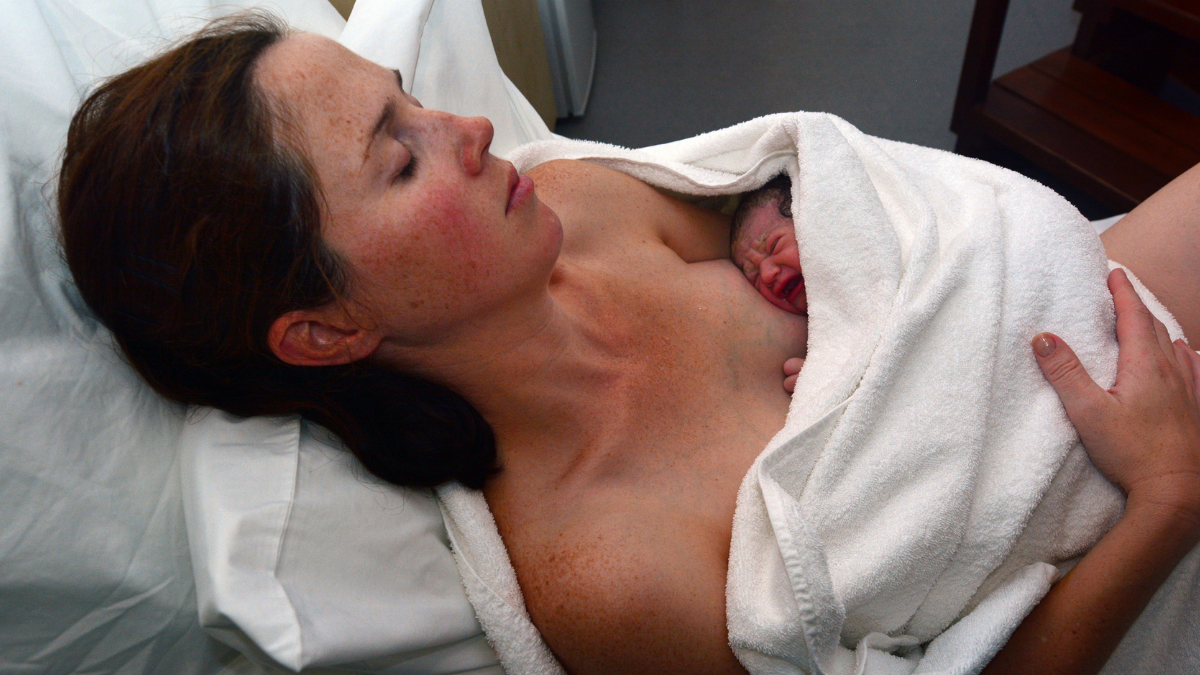The birth of a child is a joyful occasion and thankfully, it’s also a safe occasion. No matter where or how you choose to give birth, it will be a far safer experience today than at any other time in human history.
At the same time, complications arising from childbirth are relatively common. Around 1 in 7 deliveries in England involves an episiotomy and around 1 in 8 births requires the use of forceps or vacuum delivery. These births will often cause injuries, such as vaginal tearing for the mother and bruising to the baby. Usually, the injuries will heal quickly with no lasting damage, and most people agree they are a small price to pay for a wonderfully healthy baby.
Sadly, some birth injuries do not heal quickly and do cause lasting damage. In really serious cases, they can wreak havoc on a woman’s quality of life, or that of her baby.
Sometimes, a serious childbirth injury can be traced to mistakes made by healthcare providers. Determining why the injury happened who was to blame is very important. The law allows injured mothers and the family of an injured child to take legal action against the person or entity who was responsible for the medical negligence, such as the NHS.
What is medical negligence during childbirth?
Doctors, midwives , nurses and so on are held to a certain professional standard. This means they are expected to follow NHS guidelines and provide good-quality medical services to the mothers and babies under their care.
To establish whether a healthcare practitioner is negligent, you have to show that their behaviour fell short of what a competent medical practitioner with the same speciality would have done in the same situation. For instance, a midwife’s actions would be assessed in light of what a competent midwife would have done. A surgeon’s actions would be assessed in light of what a competent surgeon would have done.
Whenever these professionals fall short in fulfilling their obligations and the mother or baby suffer harm, you can make a personal injury claim.
What kinds of mistakes are we talking about?
All sorts of things can go wrong during pregnancy or childbirth. Here are some examples of the type of mistakes we see everyday:
- Failing to spot the signs of a maternal infection that results in the baby’s brain not developing properly
- Failing to monitor the baby’s condition during labour and delivery
- Missing the signs of maternal or foetal distress
- Allowing a labour to go on for too long, causing the baby to be starved of oxygen or the mother to experience a uterine rupture
- Administering too much prostaglandin to induce labour, resulting in excessive contractions that harm the baby
- Using the forceps too aggressively causing third and fourth-degree perineal tears to the mother, or bleeding of the baby’s brain
- Complications caused by episiotomies and caesarean sections
How do you make a claim?
The first step is to talk with a solicitor that specialises in birth injury claims to understand if you have a claim and your prospects of success. A solicitor will be able to give you an idea of the potential value of your claim and how long it will take.
The next step is to build your case. You will need to provide your solicitor with as much information as possible, including the result of any formal complaints made to the NHS, police or other organisations.
Your solicitor will obtain your medical records, get expert opinions from independent medical professionals, and do a lot of investigative work to pinpoint exactly what happened, and who is at fault in your case.
If there is enough evidence to bring a successful claim, they will issue legal proceedings or try to negotiate the settlement of your claim. Often, childbirth cases can be settled without the need to proceed to trial.
How much compensation might I get?
There is no set amount of compensation. All cases are different, and the amount you receive is based on the extent of the injury, the lifelong cost of medical care, and money lost through changes to work. For example, the mother of a child who has to leave her job to care for a brain-injured child may receive substantially more than someone who is able to keep working.
There may be many costs involved in looking after seriously injured child, including rehabilitation, equipment and specialist therapies. Your solicitor can help secure interim payments as early as possible in your case. These payments can alleviate some of the financial burden, especially if you are unable to return to work.
The good news is, most of this work can be done under a No Win No Fee agreement. This means you do not have to pay any legal costs up front. If you win, your solicitor will take a success fee from the compensation you are awarded. If you lose, you pay nothing at all.



No comments yet. Be the first one to leave a thought.